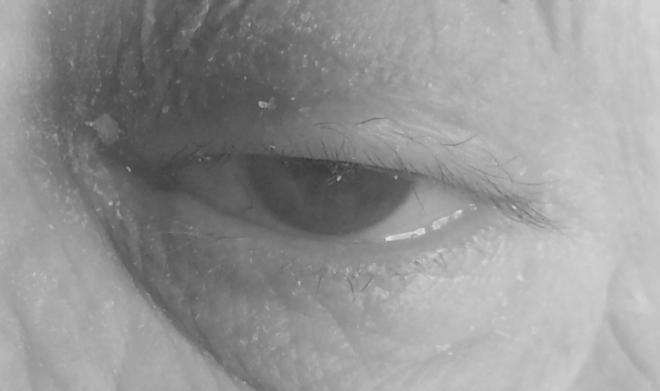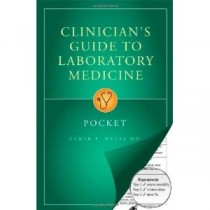Category: Emergency Medicine
-

Vertigo: What You Need to Know for Clinical Practice and the Boards
Introduction Vertigo is a sensation of spinning, either of the patient or of his or her environment. There are four types of vertigo that you must consider in a patient who complains of a spinning sensation: Toxic vertigo Central nervous system vertigo Peripheral nervous system vertigo Hematologic vertigo (hyperviscosity syndrome) Toxic Vertigo Salicylates and anticonvulsants,…
-

Myasthenia Gravis: The Workup
Here’s a workup for suspected myasthenia gravis: Acetylcholine receptor antibody Muscle specific receptor tyrosine kinase (MuSK) antibody Chest CT (to look for thymoma) TSH (concomitant autoimmune thyroiditis is sometimes seen) Search for underlying infectious precipitants as guided by history (e.g., CBC, chest radiograph, urinalysis) Search for underlying concomitant metabolic derangements which may contribute to weakness…
-
Meningitis: How to Answer “Best Next Step” Questions
If, on a standardized test, you are asked what’s the “best next step” in the management of a patient with suspected meningitis, prioritize thusly: Droplet precautions if Neisseria meningitidis is suspected (this comes first for public health reasons) Administer acyclovir if HSV meningitis is suspected (there’s no reason to delay this) Draw blood cultures (because…
-

D-dimer: Key Points
It can be challenging to make a diagnosis of acute pulmonary embolism (PE). Research has consistently shown that the clinical manifestations of PE are common in patients without PE. Additional diagnostic testing is warranted if PE is a consideration. In recent years, the D–dimer test has played an important role in the evaluation of suspected…
-
Success with DRESS: What You Need to Know about Drug Reaction with Eosinophilia and Systemic Symptoms
Introduction Drug Reaction with Eosinophilia and Systemic Symptoms (DRESS) is a potentially life-threatening medical emergency. Patients present with fever, rash and internal organ dysfunction or failure. Organs affected include liver (hepatitis, fulminant hepatic failure), lungs (pneumonitis), kidneys (renal failure, nephritis), brain (encephalopathy and/or aseptic meningitis), and heart (myocarditis, heart failure). Endocrine dysfunction such as hyperthyroidism,…
-
Angioedema without Urticaria
The differential diagnosis for angioedema without urticaria (“hives”) is fairly narrow, and requires a unique workup and management strategy. Clinical presentation Patients present with sudden, profound, non-erythematous, non-pruritic localized edema of distensible tissues such as lips, eyelids, tongue and external genitalia. The key here is that they are negative for hives, itching, or bronchospasms. Two…